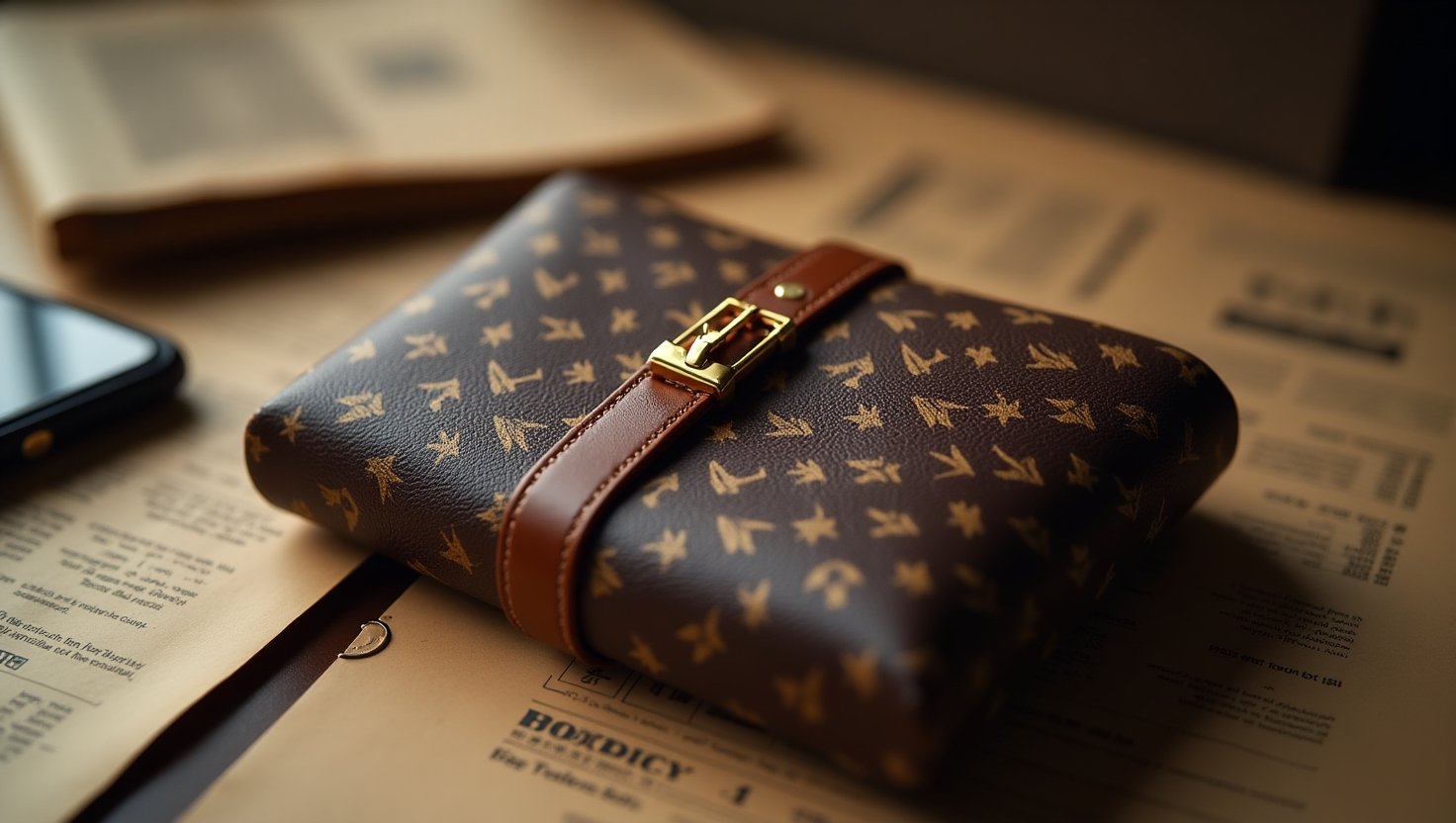Introduction: The escalating trade tensions between China and the United States have sent ripples across various industries, prominently impacting big luxury brands. As China represents a significant market for luxury goods, the question arises: Is China really hurting big luxury brands after the trade war? This article delves into the effects of these geopolitical challenges on the luxury sector.
The Rise of Chinese Consumer Influence
China has evolved into a powerhouse for luxury goods consumption, accounting for a substantial portion of global sales. The desire for luxury items among the burgeoning middle and upper classes has fueled this rapid growth. This demand positions China as a cornerstone of revenue streams for renowned brands like Gucci, Louis Vuitton, and Prada. The impact of China’s economic strategies and trade tensions cannot be overlooked, as they play a critical role in shaping luxury market dynamics.
Trade War Frictions and Their Repercussions
The trade war, characterized by tariffs and trade barriers, has disrupted the flow of goods between China and Western countries. Luxury brands, often manufacturing or sourcing from China, faced increased costs, translating into higher prices for consumers. This price increment can deter Chinese buyers, thereby affecting overall sales. Additionally, the uncertainty surrounding trade policies has led to stockpiling and cautious market behavior, further amplifying market volatility.
Adapting Strategies of Luxury Brands
To mitigate the adverse effects of the trade war, luxury brands have adopted innovative strategies. Many have localized their supply chains by establishing production facilities outside of China. This diversification reduces dependency on a single market. Furthermore, brands have ramped up digital marketing efforts to engage Chinese consumers directly through online platforms, hoping to retain their loyalty amidst geopolitical tensions. Enhancing customer experiences and adapting marketing campaigns can help cushion the negative impacts of an ongoing trade war.
The Role of Chinese Policy and Consumer Sentiment
Chinese government policies, including the encouragement of domestic brands and the imposition of luxury goods tariffs, directly target foreign luxury brands. These measures aim to bolster local industries but inadvertently create challenges for international players. Simultaneously, shifting consumer sentiments towards nationalism can influence purchasing decisions. A preference for homegrown brands may emerge, disrupting established loyalties to Western luxury labels.
Conclusion: In conclusion, the trade tensions between China and the United States have undeniably influenced big luxury brands. While challenges such as increased costs and shifting consumer sentiments arise, luxury companies have demonstrated resilience through strategic adaptation. As the trade landscape evolves, it remains essential for brands to remain agile, innovating to maintain their foothold in the valuable Chinese market.



